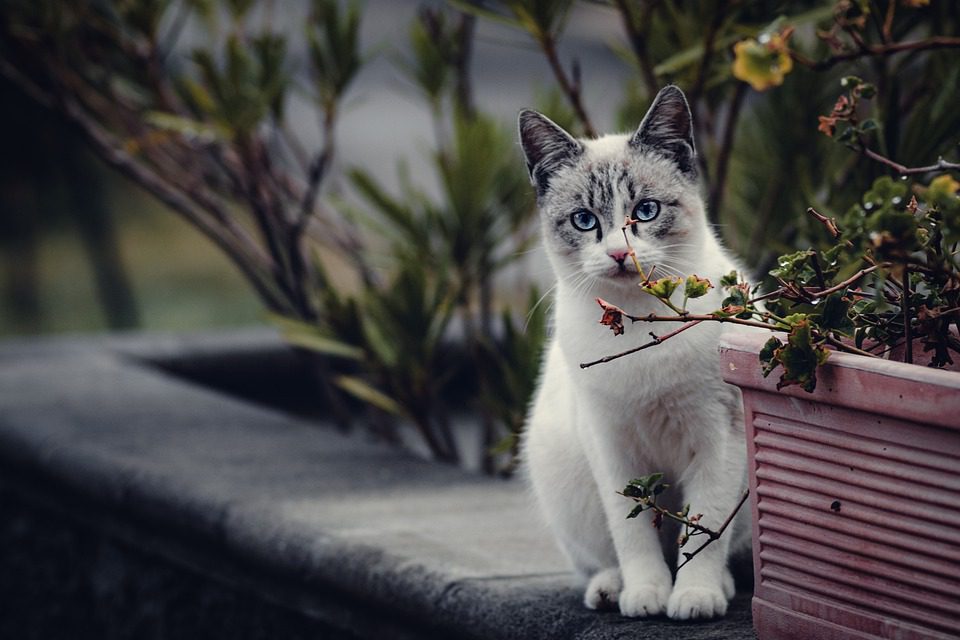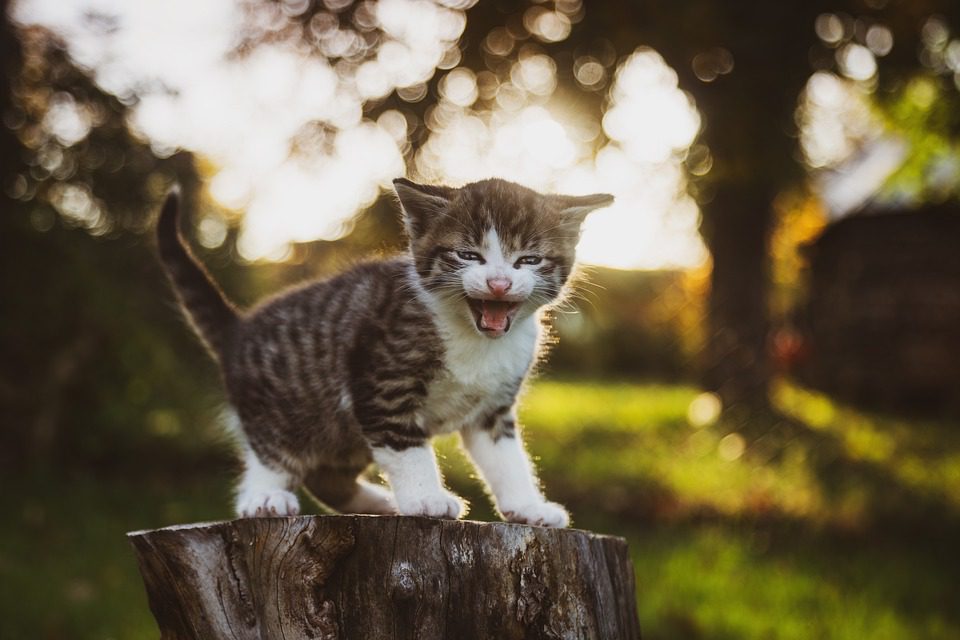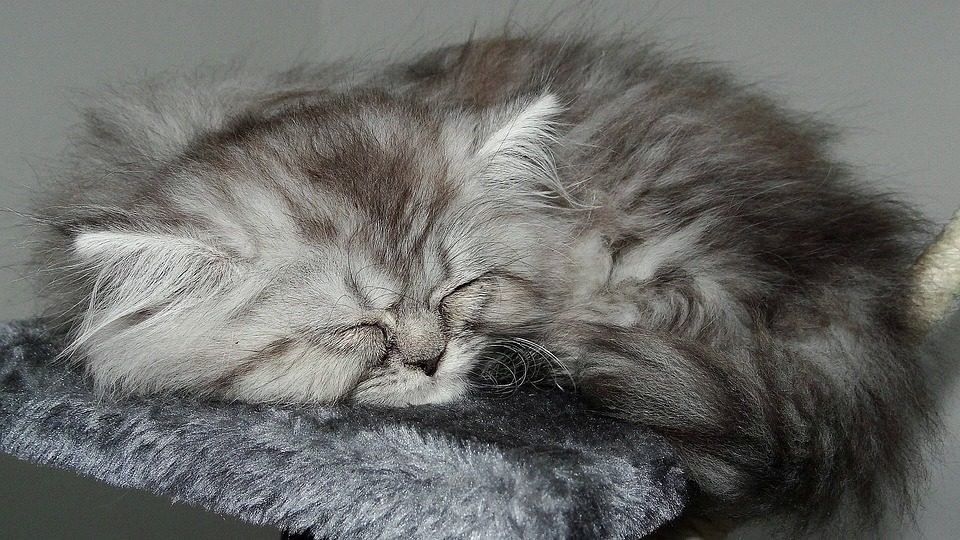When a beloved pet cat is nearing the end of their life, their behavior can become quite unpredictable. As their body and mind start to fail, cats may become more lethargic or even aggressive. But before they pass away, there are certain signs that they may exhibit to indicate that the end is near. Cats may become increasingly clingy with their owners, searching for comfort and love in their final moments. They may also become more vocal and meow more often, as if they are trying to communicate something. Some cats may also start to hide away, seeking solace in a quiet, dark place. These behaviors can often be heartbreaking for owners, but it is important to remember that these are all natural processes that cats go through before they die.
The Final Moments in a Cat’s Life
Table of Contents
It’s never easy to accept the inevitability of death. But when it comes to our beloved feline friends, it’s especially difficult to accept that it’s their time and they must pass away. While we may not be able to control when a cat dies, we can control how we care for them in their final moments. To better understand what a cat does before it dies, we need to take a closer look at the physical, emotional, and behavioral changes a cat may experience as it approaches death.
Physical Changes
The physical changes a cat experiences in its last moments can be subtle and hard to detect. Cats may become noticeably weaker and less active and may have difficulty standing or walking. They may also experience a decrease in appetite and may eat less food than usual. Additionally, they may begin to urinate and defecate more frequently, as well as have difficulty grooming themselves. All of these changes can be a sign that a cat is nearing the end of its life.
Emotional Changes
As cats experience physical changes, they may also experience emotional changes. Cats may become more clingy and attached to their owners, as if they know that their time is coming to an end. They may also become more vocal, meowing more than usual. Additionally, they may become more sensitive to touch and may not want to be petted or held. These emotional changes can be difficult to witness, but it is important to remember that cats may be trying to tell their owners that they need extra care and attention during this difficult time.
Behavioral Changes
In addition to physical and emotional changes, cats may also experience behavioral changes in their last moments. Cats may become more isolated and may seek out quiet, secluded areas. They may also become more sensitive to sounds and may appear to be in pain or discomfort. Additionally, cats may also become more vocal and may make loud vocalizations, such as meowing and purring. All of these changes can be a sign that a cat is approaching death and is in need of extra care.
Caring for a Cat in Its Final Moments
When caring for a cat in its last moments, it is important to remember that cats may be in pain and discomfort, so it is essential to provide them with extra care and comfort. Providing a warm, comfortable bed for them to sleep in and offering them their favorite treats can go a long way in helping them feel loved and comforted. Additionally, it is important to keep them away from loud noises and to give them space to rest and relax.
Above all else, it is important to remember that cats will know when their time is coming to an end and that we must respect their wishes. We can show them extra love and care in their last moments, but ultimately, it is up to them to decide when it is their time to go.
**Common Myths About a Cat’s Passing**
Myth: A Cat Will Hide Before It Dies – This is not necessarily true. Many cats may go off on their own to a quiet spot before they pass, but this isn’t always the case. Some cats may stay in their usual spots and may even continue to interact with their owners until the very end.
Myth: A Cat Will Starve Itself Before Dying – Cats are usually quite hungry up until their last moments. They may not eat as much as usual, but they usually do not starve themselves.
Myth: Cats Have a Sixth Sense That Tells Them When Death Is Near – Cats do not have a sixth sense that tells them when death is near. They may sense when their health is failing, but this is usually due to a decrease in their physical abilities rather than any special sixth sense.
Frequently Asked Questions
What does a cat do before it dies?
Answer: Most cats will exhibit signs of illness before they die. These signs may include lack of appetite, difficulty breathing, lethargy, or hiding away from family members. It is important to take your cat to the veterinarian if you notice any of these signs.
How do I know if my cat is approaching death?
Answer: It can be difficult to tell when a cat is nearing death, however there are certain signs that you can look out for. These signs may include changes in appetite, difficulty breathing, changes in behavior, and not responding to stimuli. If you notice any of these signs, it is important to talk to your veterinarian as soon as possible.
Conclusion
When a cat nears death, they may experience physical, emotional, and behavioral changes. Physical changes include weakness, decreased appetite, and difficulty grooming. Emotional changes include clinginess, meowing more than usual, and sensitivity to touch. Behavioral changes include isolation, sensitivity to sound, and vocalizations. To care for a cat in its last moments, provide them with a warm, comfortable bed, offer their favorite treats, keep them away from loud noises, and respect their wishes.





